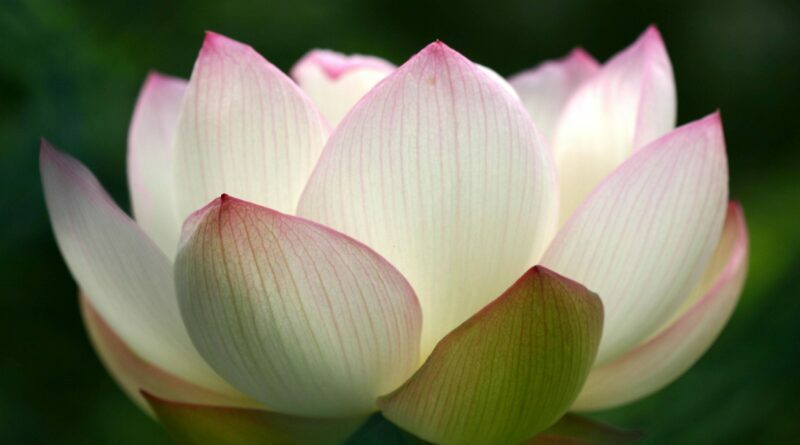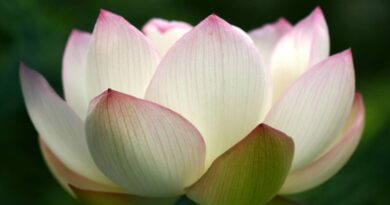BINOCULARS
Binoculars
When you meditate, you have to be mindful of three things at once. In other words, as you breathe in and out, three things—(1) the breath, (2) the meditation word, and (3) the mind—have to stay together with every moment. At the same time, alertness always has to be in charge. Only then can you say that you’re established in the factors of meditation lying at the essence of what’s meritorious and skillful.
“Mindfulness”—heedfulness—counts as what’s meritorious here. Forgetfulness—heedlessness—counts as evil.
Alertness is what surveys the results of our activities—seeing what we do that gives good results, what we do that gives bad—and then makes adjustments. For example, if the breath isn’t yet comfortable, we move the mind to a new spot or change the way we’re breathing. It’s like changing the place where we sit. If where we’re sitting isn’t comfortable, we have to get up and find a new place to sit down. Once we’ve found a comfortable place to sit, we have to keep it going as long as we can. We don’t have to change seats any more.
When mindfulness stays with the breath, it’s called ānāpānasati. When it’s immersed in the body, it’s called kāyagatāsati. When mindfulness stays with the body and mind at all times, it’s called developing our meditation theme (kammaṭṭhāna)—as when we sit here meditating: we’re doing our work, i.e., our work on our meditation theme.
Mindfulness is the cause. If we focus our attention on working with the mind, we’ll get lots of results on the level of the mind. If we focus on working with the body, we’ll get lots of results on the level of the body.
The results that come from developing our meditation theme are (1) we calm down the evil qualities of the mind; and (2) we calm down the physical properties of the body. The mind will be wide open and free, like the ocean when it’s free of waves: the wind is still, the water smooth, and the air is clear. When this is the case, we can see all kinds of far distant things. This way we get to know the affairs of the body. On the lowest level, we come to know the body in the present: we understand what’s going on with the properties of earth, water, fire, and wind, both in their important parts and in their unimportant parts. The important parts are the ones that stay in the body; the unimportant parts are the ones that come and go, forming a bridge between the properties inside the body and those outside. In terms of the wind property, we’ll see how many types of breath energy stay in the body, and how many types of breath come in and out. We’ll see which parts of the earth, water, fire, and space properties stay in the body, and which parts come and go. The same holds true with the property of consciousness. For instance, when our eyes don’t see clearly, what’s wrong with the property of eye-consciousness? We’ll be able to see all the ways in which it changes, as well as all the changes in the properties of ear-, nose-, tongue-, body-, and intellect-consciousness. We’ll have mindfulness and alertness constantly in charge.
Mindfulness and alertness are like binoculars for seeing great distances. The mind is like the binoculars’ owner. If the properties in the body aren’t at normalcy, if they aren’t smooth and calm, then no matter how fantastic our binoculars, we won’t be able to see anything. For example, when the Buddha surveyed the beings of the world, he’d wait until the world was quiet and still—the last watch of the night before dawn, when the minds of human beings were quiet, still, and asleep. That’s when he’d use his special binoculars to survey all that was going on in the world.
When the mind is calm it’s like an ocean that’s calm: the wind is still, the boat isn’t rocking, the water is clear, and the air wide open.
As we keep training the mind, it keeps getting more and more mature, more tempered and sharp, able to cut right through anything at all. Like a knife that we always keep sharpening: there’s no way it can’t become sharp. So we should keep at the practice in the same way we sharpen a knife. If any part of the body or mind isn’t in good shape, we keep adjusting it until we get good results. When good results arise, we’ll be in a state of Right Concentration. The mind will be firmly established in the present, in a state of singleness of preoccupation. We’ll gain power both in body and in mind. Power in body means that wherever there are pains, we can adjust the properties of earth, water, fire, and wind to give rise to a sense of comfort, in the same way we trim a tree. If any branches are broken or rotten, we cut them away and graft on new branches. If the new ones break, we graft on more new ones. We keep doing this until the tree is healthy and strong.
When we work at the mind in this way, the four bases for success arise in full strength. And as the Buddha said, whoever develops the bases for success will live long. In other words,
chanda: we’re content with our work;
viriya: we stick with our work and don’t get discouraged or give up;
citta: we focus our full attention on nothing but our work;
vimaṅsā: we’re circumspect in the mind, circumspect in the causes and results of what we’re doing.
All four of these qualities are bases or steps to the Path. They’re the cause for developing power in body and power in mind, all the way to the knowledge of the ending of mental fermentations and on into nibbāna.
What I’ve said so far is meant to give us all a sense of how to develop mindfulness and alertness as our own special binoculars for surveying events in terms of the world and of the Dhamma. So you should train your mind to stay firm and upright in the factors of our meditation, riding herd on it so that it will stay with the body in the present. Regardless of how much you can remember of what I’ve said, you should set your mind on practicing at all times. Don’t abandon the practice, or do it in fits and starts, for that will prevent you from reaching any kind of success. Think of yourself as a supervisor, constantly keeping an eye on the body and mind. When you do this, your workers—the properties of earth, water, fire, and wind—won’t dare shirk their jobs or be slack in their work. Each will have to fulfill its responsibilities to the full. In this way, you’ll come to succeed in your work in every way. At the same time, once you’ve developed your special binoculars, your eyesight will go further than that of ordinary people. In this way, you’ll be able to keep yourself protected on all sides. You’ll escape from dangers and meet with happiness and fulfillment in every way.



